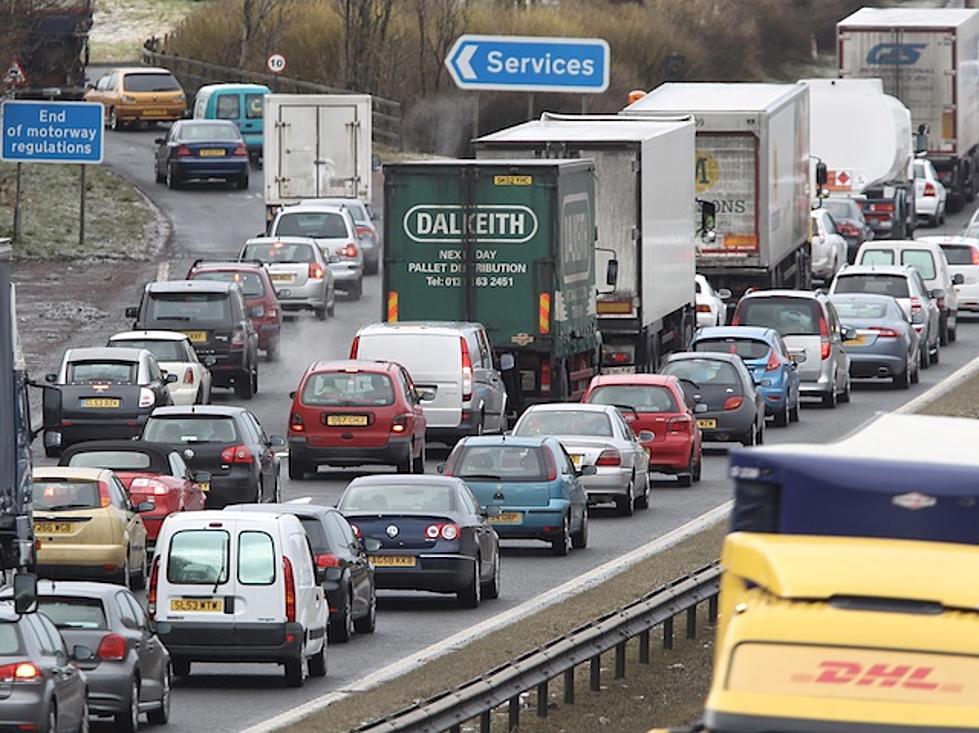
Countries Debating Taxing Motorists Based on How Much They Drive
Picture the government placing a GPS on your car and tracking every mile you drive. Now, imagine being charged a tax based on those miles, your vehicle's fuel efficiency rating and the time of day you drove. Such a system is being explored in car-clogged regions of Europe and Asia. Even the US is interested in studying mileage charging systems.
Supporters of the metered system say it is more equitable than current taxes on car purchases and registration fees because the rate is based on usage rather than ownership. The less you drive, the less you pay.
Driving taxes could also replace gas taxes and tolls that are used to maintain bridges and roads. People who buy more fuel-efficient cars will be taxed less those driving gas guzzlers as a reward for being environmentally-friendly. And the knowledge that a driving bill will arrive at the end of the month could force commuters to carpool or switch to public transportation.
Opponents believe the metered system will erode their privacy. Others say it will simply amount to a new type of tax, which most people can't afford right now. Such a system could also hurt businesses that rely on the transportation and delivery of goods and services. In response, these companies would have to raise prices to compensate for the tax.
More From TSM Interactive









